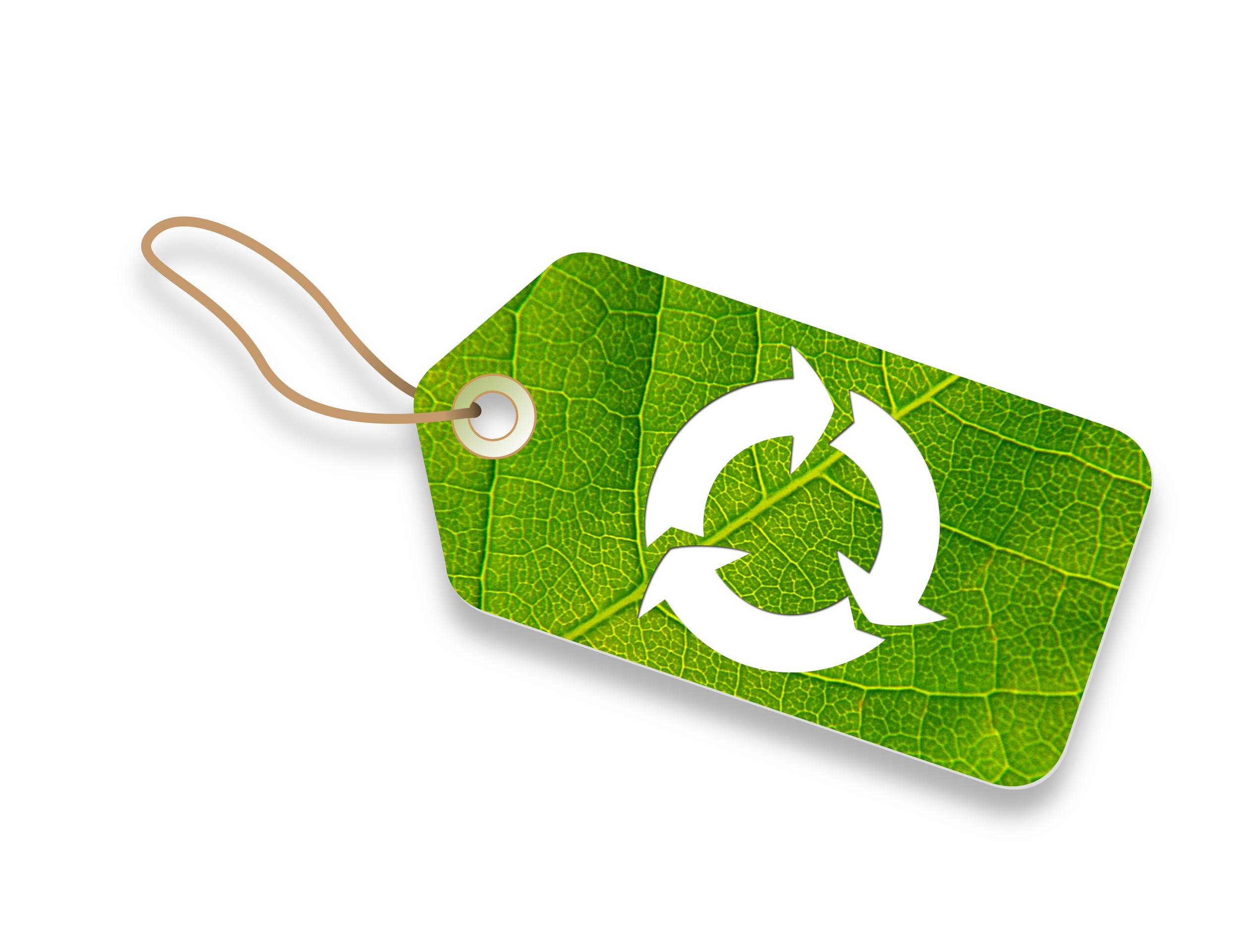
What We’re Doing
3R has implemented a sustainable purchasing policy company-wide. We have asked the different divisions throughout 3R and our parent company SRI, to consider this checklist when purchasing materials for office, cleaning, or food needs. A few of the identified qualifications for a sustainable product include, consisting of bio-based materials, being reusable, and using the least amount of packaging as possible. In addition, any product from a local, woman or minority owned company is highly encouraged. At 3R we pride ourselves in being a transparent and sustainable company and choose to support other companies who do the same. See the full checklist that we use to compare products, below.
✓ Economically Practical (cost/benefit analysis)
✓ Women/ Minority Owned
✓ Company Transparency of Product Sourcing
✓ Bio-Based Product (e.g. bio-based inks)
✓ Reusable/Not Single-Use (or compostable)
✓ Locally Produced/Sourced (within 100 miles)
✓ Extended Warranty on Product
✓ Energy Star/Water Efficient
✓ No Red List Materials (e.g. BPA in plastics, lead, mercury, etc.)
✓ Reduced Packaging
✓ Reports Green Certifications (e.g. FSC paper products)
✓ No or Low Volatile Organic Compounds (VOC’s) (e.g. paints)
✓ Producer Meets Environmental Regulations
As a consumer you can make a difference, too, by driving markets towards more sustainable products with your purchasing habits.